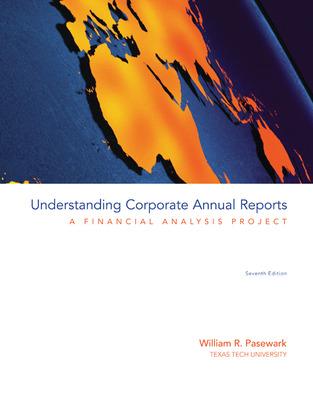The vehicle pool of a major city provides cars for the use of various city departments. Currently, the vehicle pool has 50 cars. A recent study showed that it costs $2,400 in annual fixed costs per automobile plus $0.10 per kilometer variable cost to own, operate, and maintain cars such as those provided by the vehicle pool. Each month, the costs of the vehicle pool are allocated to the user departments on the basis of kilometres driven. On average, each car is driven 24,000 kilometres annually, although wide month-to-month variations occur. In April 2020, the 50 cars were driven a total of 50,000 kilometres. The vehicle pool's total costs for April were $19,000. The chief planner for the city always seemed concerned about her vehicle costs. She was especially upset in April when she was charged $5,700 for the 15,000 kilometres driven in the department's five cars. This is the normal monthly distance driven in the department. Her memo to the head of the motor pool stated, "I can certainly get cars at less than $0.38 per kilometer you charged in April". The response was: "I am under instructions to allocate the vehicle pool costs to the user departments. Your department was responsible for 30 percent of the April usage (15,000 kilometres divided by 50,000 kilometres), so I allocated 30 percent of the vehicle pool's April costs to you (0.30 X's $19,000). That just seems fair." Required: 1) Calculate the city's average annual cost per kilometre for owning, maintaining, and operating a car. 2) Explain why the allocated cost in April ($0.38 per kilometre) exceeds the average calculated in requirement 1. 3) Describe any undesirable behavioural effects of the cost-allocation method. 4) How would you improve the cost-allocation method?The vehicle pool of a major city provides cars for the use of various city departments. Currently, the vehicle pool has 50 cars. A recent study showed that it costs $2,400 in annual fixed costs per automobile plus $0.10 per kilometer variable cost to own, operate, and maintain cars such as those provided by the vehicle pool. Each month, the costs of the vehicle pool are allocated to the user departments on the basis of kilometres driven. On average, each car is driven 24,000 kilometres annually, although wide month-to-month variations occur. In April 2020, the 50 cars were driven a total of 50,000 kilometres. The vehicle pool's total costs for April were $19,000. The chief planner for the city always seemed concerned about her vehicle costs. She was especially upset in April when she was charged $5,700 for the 15,000 kilometres driven in the department's five cars. This is the normal monthly distance driven in the department. Her memo to the head of the motor pool stated, "I can certainly get cars at less than $0.38 per kilometer you charged in April". The response was: "I am under instructions to allocate the vehicle pool costs to the user departments. Your department was responsible for 30 percent of the April usage (15,000 kilometres divided by 50,000 kilometres), so I allocated 30 percent of the vehicle pool's April costs to you (0.30 X's $19,000). That just seems fair." Required: 1) Calculate the city's average annual cost per kilometre for owning, maintaining, and operating a car. 2) Explain why the allocated cost in April ($0.38 per kilometre) exceeds the average calculated in requirement 1. 3) Describe any undesirable behavioural effects of the cost-allocation method. 4) How would you improve the cost-allocation method







